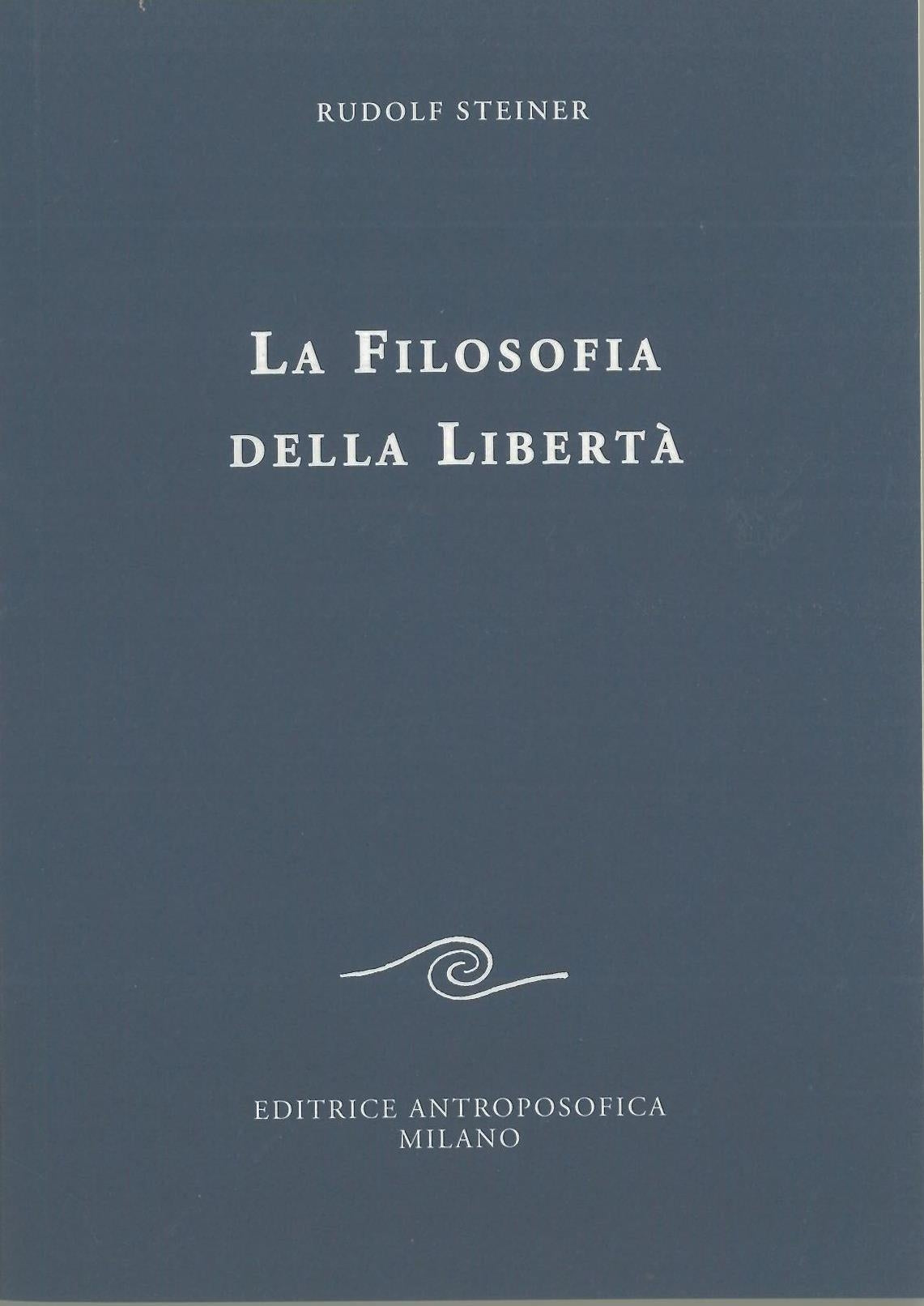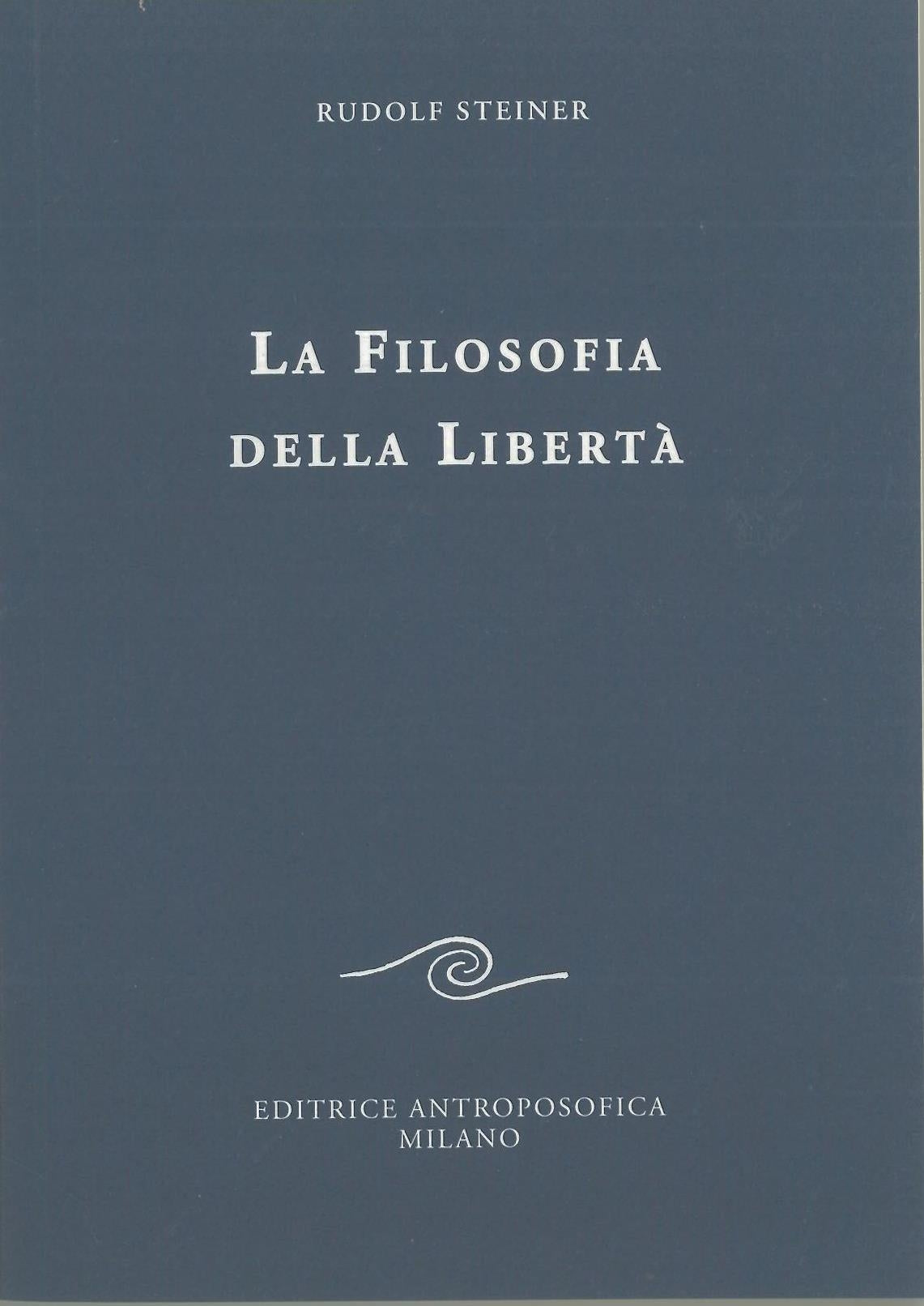4- The philosophy of freedom - Rudolf Steiner
Have a question?

4- The philosophy of freedom - Rudolf Steiner
Dettagli
Rudolf Steiner was an Austrian philosopher, architect, and reformist. He was the founder of anthroposophy, an esoteric school that blends various tenets of theosophical and German idealist philosophy of the time. From the earliest years of his education, Steiner aspired to find the perfect synthesis between mysticism and science.
This ongoing research led him, after earning his doctorate, to move from Vienna to Weimar to work at the Goethe- und Schiller Archiv, the Goethe Archive. This work allowed him to publish the essay "Introduction to Goethe's Scientific Writings" and to develop his personal worldview.
In 1894, he published his most important essay, “The Philosophy of Freedom,” which proposed a revolutionary concept for the time: the discovery that thought can lead to the realization of the spirit of the world.
The book didn't achieve much success, but Steiner had created a solid foundation for understanding the spirit, and he felt able to pursue his research in this field without hesitation. Furthermore, his work on "The Philosophy of Freedom" allowed him to unravel a series of existential mysteries that had long haunted him.
The insights contained in "The Philosophy of Freedom" are the foundation of Steiner's legacy and have contributed significantly to the development of modern science, particularly medicine. Indeed, Steiner is credited with founding the Waldorf school movement, which created an educational approach based on understanding and love.
Today, Waldorf schools are all over the world.


